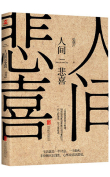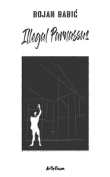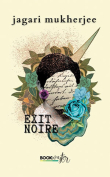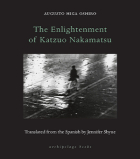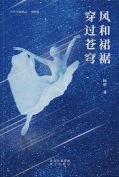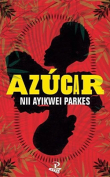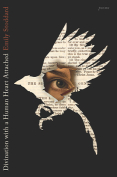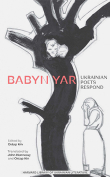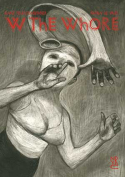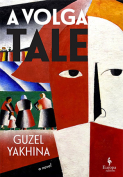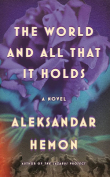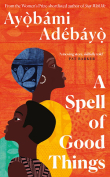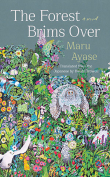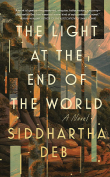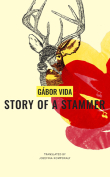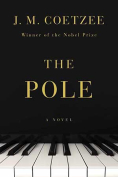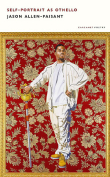A Volga Tale: A Novel by Guzel Yakhina
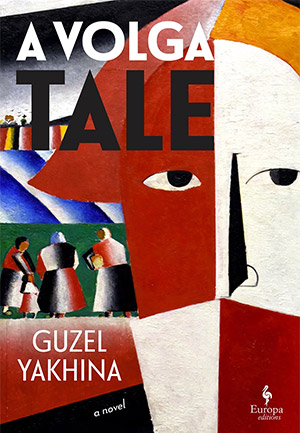 New York. Europa Editions. 2023. 512 pages.
New York. Europa Editions. 2023. 512 pages.
One would need forever to plunge into the upheavals that have shaken Russia over the past century. Forty-six-year-old Guzel Yakhina understands that the best way to approach such chaos is to draw herself closer to the episodes that have shattered her heart; like her grandmother’s stories about being exiled to the Gulag in 1930 for the crime of being born a Tatar, which she wrote about in Zuleikha (2019). Yakhina’s writing style is suffused with intense hallucinatory prose that clutches the reader’s attention. In her literary universe, all of humanity is found wanting.
A Volga Tale is an inventive retelling of the horrendous treatment of the Volga Germans who settled on the borderlands of Russia at the invitation of Catherine the Great in 1763. She hoped these industrious, pious farmers would stabilize the hinterlands of her territory. At one time they numbered almost two million. They toiled relentlessly and attended church, either a Lutheran or Mennonite one, and took pride in their crops, which grew voluminously, causing envy among the Russian farmers. They decorated their homesteads with geranium planters filled with flowers that dotted an idyllic landscape. And they were blessedly oblivious to the changes that would soon come; the apparatchiks bringing with them all this new talk about collectivization and such. These Russian soldiers were under orders to upend the Volga Germans’ existence; first under Lenin, and then under Stalin, who hastily ordered their extermination.
Yakhina plunges into the mindset of Gnadenthal’s villagers through the wise and weary all-seeing eyes of her protagonist, Jacob Ivanovich Bach, the schoolmaster, whose stutter alienated him from most of the townsfolk, who found him off-putting. He would teach their half-asleep children, only coming to life when he read aloud the works of Goethe and Schiller. The children weren’t stirred from their slumber, but his heart would always flutter in response to such beauty. The villagers would gossip about Bach, particularly his habit of walking outside in severe thunderstorms with an unworldly expression on his face. Yakhina never shares with us what has driven Bach into such severe isolation but hints he has had quite enough of the uncouthness of this world. Yakhina’s third-person narration seems endowed with supernatural powers strong enough to penetrate the deepest recesses of Bach’s wounded psyche, showing us how it has come to be possible that he could often “forget that he himself was part of the world.”
Yakhina concedes Bach may have once harbored dreams, but those memories withered along with his appearance, which made him look older than his thirty-two years. He once dreamed of painting Goethe, but the picture he was given turned out not to be Goethe at all but rather “an anemic-looking aristocrat in an absurd lace collar, with a generous mustache and a pointed beard, who bore a passing resemblance to Cervantes, but only when viewed in poor light.” Bach gave up the thought of painting after this mishap; he seemed to take it as an intentional slight.
When Udo Grimm, a man whose boorishness drips from his drooling mouth, summons Bach and insists he privately tutor his daughter in the hopes of one day marrying her off, Bach concedes reluctantly. He can’t see the girl he speaks with, for her father insists she be kept behind a divider for reasons Bach finds incomprehensible. But he falls deeply in love with the young lady’s simplicity, tender empathy, and her eagerness to learn. “Bach’s blood was stirred now,” Yakhina writes, “not by strains of divine verse, but by quiet conversations of a young girl hidden behind a muslin curtain. Every day now was like a welcome thunderstorm.”
A lot follows, a baby comes, his beloved dies in childbirth, and by 1924 the Soviet assault on the Volga Germans is in full swing. Bach needs to figure out how to keep his infant daughter alive. He finds Hoffman, an apparatchik, who sees in Bach a receptacle of knowledge about his fellow Germans that Hoffman needs to mine in order to persuade them to become proud Soviet socialists ready to abandon their private farms and church gatherings. Violence is everywhere and is unstoppable. Yakhina describes the mayhem: “The stamp of destruction and years of sorrow lay on the facades of the buildings, the streets, and the faces of the people. The elegant geometry that had reigned at one time had lost its cleanness of line.”
Guzel Yakhina’s masterstroke is her decision to allow us to witness the tumult taking place in Gnadenthal through the eyes of her beloved creation Bach, whose entrenched apathy becomes the focal point around which all else follows. A freethinker, Bach is not drawn to any strands of ideological thinking or to the church’s promises. We see the utopian dreams of the communists turned into violent bits of rubble, and we watch Bach in a perpetual state of mourning reacting to the madness that engulfs him. Bach remains tongue-tied throughout, and ironically, Yakhina presents Bach’s muteness as pivotal to his heightened alertness, even his heartbrokenness. She gives other characters scant notice. It is all Bach and Bach alone who holds us in his grasp.
Elaine Margolin
Merrick, New York



